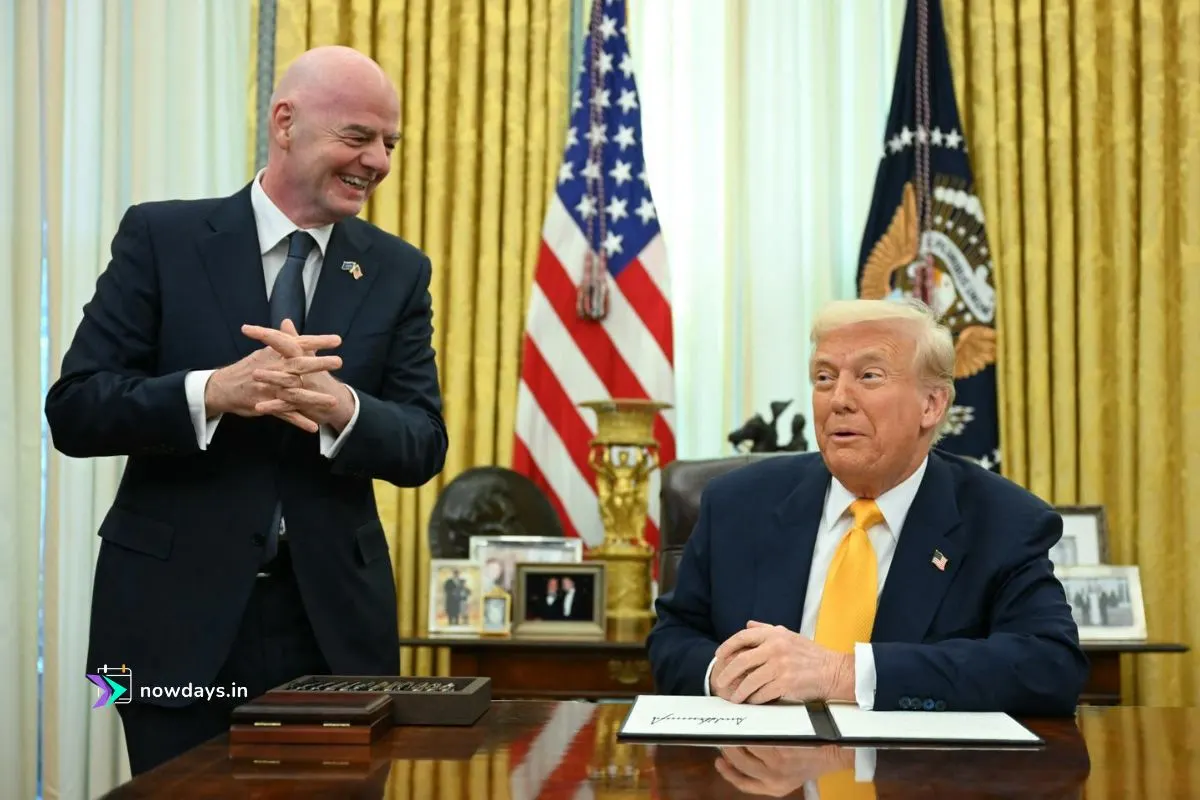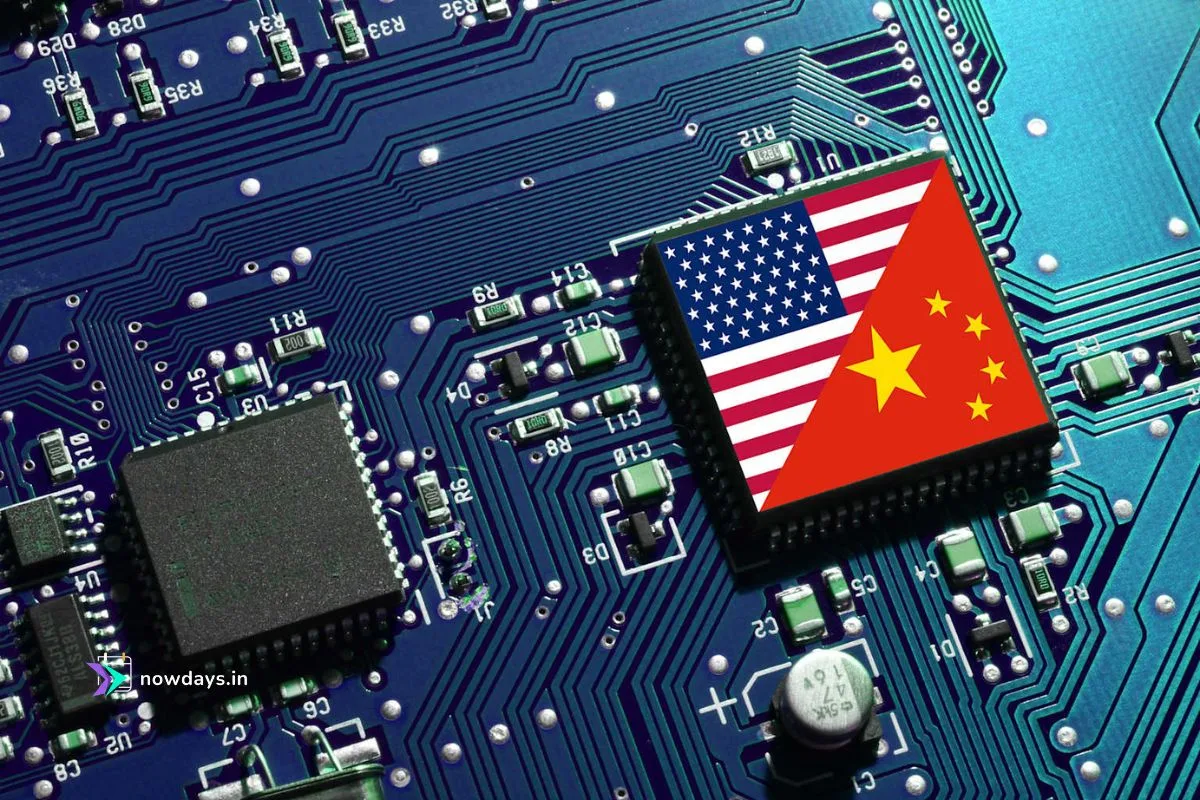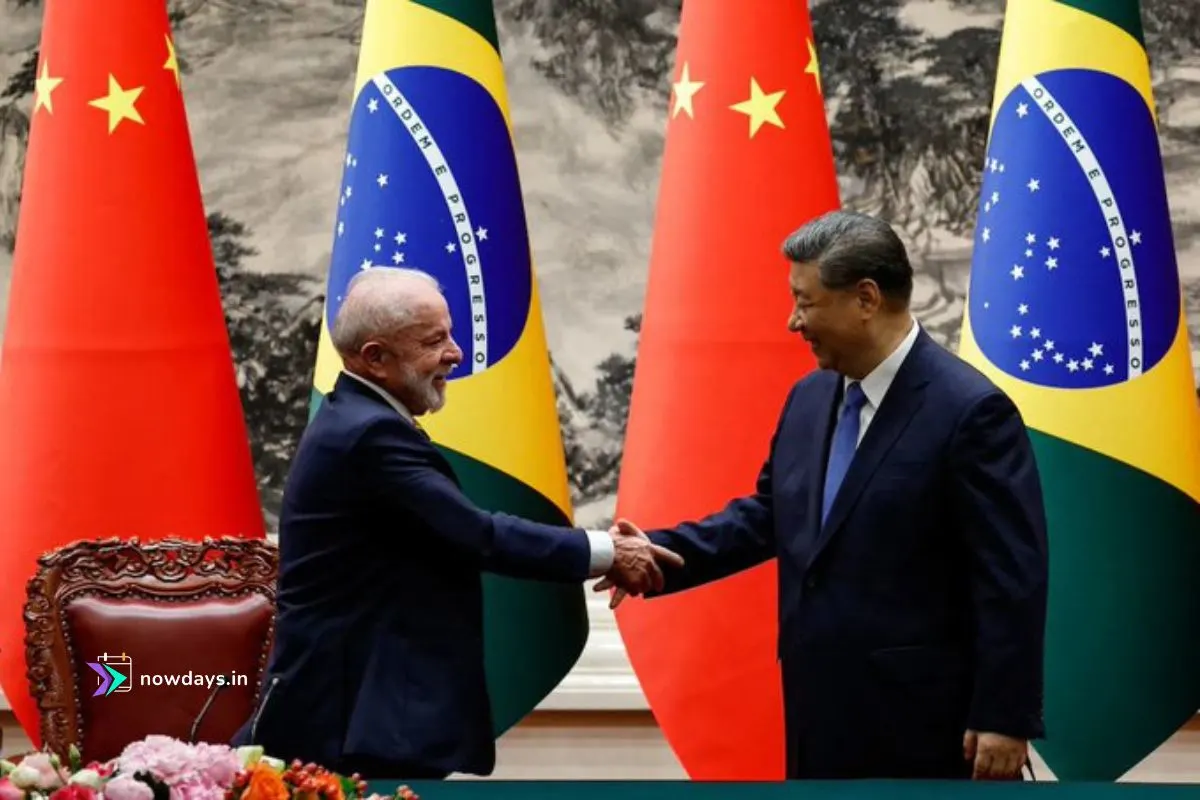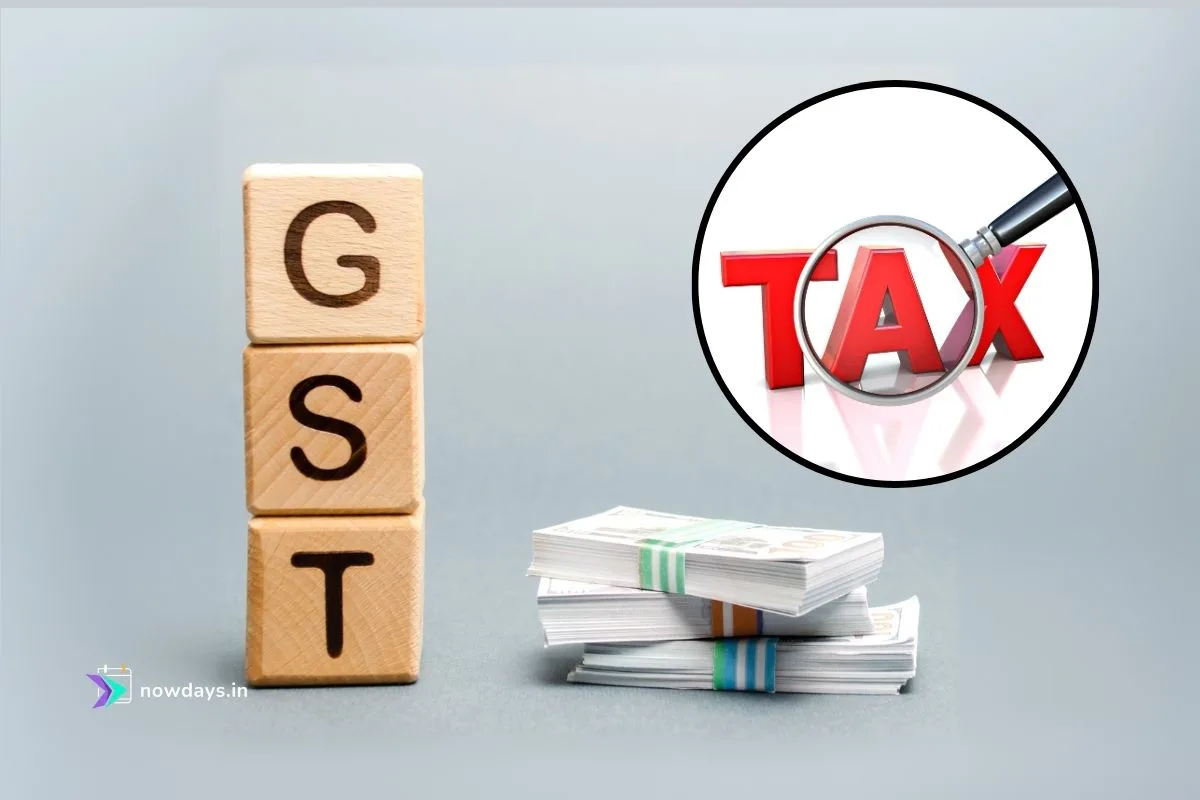In an unconventional diplomatic gambit, Swiss officials are exploring the possibility of tapping FIFA President Gianni Infantino to help negotiate a reduction in the steep tariffs imposed by US President Donald Trump on Swiss imports. The move comes as Switzerland grapples with a 39% duty that threatens its export-driven economy, highlighting the lengths to which neutral nations may go in an era of aggressive trade policies.
The Tariff Shock: Why Switzerland?
The tariffs, part of Trump’s broader strategy to address global trade imbalances, took effect last week and target a wide array of Swiss goods, from luxury watches and precision machinery to chocolates and pharmaceuticals. The US cites a $39 billion trade deficit with Switzerland as justification, a figure inflated by massive gold imports refined in Swiss facilities and re-exported. This places Switzerland in an unenviable position, facing the highest rate among developed nations—far exceeding the 15% levied on the European Union.
Swiss President Karin Keller-Sutter has acknowledged the severity, stating that while the government leads formal talks, it wouldn’t oppose influential figures like Infantino or tennis legend Roger Federer stepping in informally. Infantino, a Swiss national with a longstanding rapport with Trump—evident from their joint appearances at events like the FIFA Club World Cup—has been floated by politicians as a potential backchannel.
The Infantino Angle: A Soccer Diplomat?
Infantino’s ties to Trump date back years, including collaborations on FIFA initiatives and public endorsements. Swiss media reports suggest lawmakers believe his celebrity status could sway the tariff enthusiast, much like how South African President Cyril Ramaphosa included golfers in a delegation to Washington for trade discussions. “Personalities who know him engaging in conversation—we’re not against it,” Keller-Sutter told local broadcaster Tele Zueri, though she emphasized it’s not an official strategy.
This isn’t the first time sports figures have entered diplomacy; Federer’s global fame has been mentioned as another option, given Trump’s affinity for high-profile personalities. A Reuters report notes that such informal channels could provide access where traditional negotiations have stalled, as evidenced by Keller-Sutter’s unsuccessful Washington visit last week.
Expert Views: Unconventional but Risky
Trade analysts are mixed on the efficacy of this approach. Michael Froman, a former US Trade Representative, in a CNBC analysis, described it as a “creative but uncertain tactic,” warning that personal appeals might not override Trump’s deficit-focused agenda. He points out Switzerland’s limited leverage, with its neutral stance and lack of retaliatory tariffs leaving it vulnerable.
On YouTube, geopolitical channels like those from the Atlantic Council discuss how Trump’s tariffs expose small economies’ dependencies. One video analysis highlights that gold refining distorts trade data, making Switzerland an unintended casualty in broader US-China rivalries, as Trump aims to curb Beijing’s influence. Experts like those from Chatham House argue this could set a precedent for celebrity diplomacy but risks undermining formal channels if it fails.
Swiss economists, in a DW report, warn of immediate fallout: the watch industry, which sends billions to the US, faces higher costs that could lead to job losses in the Jura region. Broader impacts include potential inflation for US consumers on Swiss products, straining bilateral ties valued at over $100 billion annually.
Analyzing the Broader Implications
Switzerland’s predicament underscores the vulnerabilities of export-reliant nations in Trump’s trade reset. With no exemptions for key sectors like pharma yet confirmed, the 39% rate could slash Swiss GDP growth by 0.5-1%, per economic forecasts. The gold anomaly—Switzerland refines and re-exports much of the world’s bullion—has inflated the deficit, prompting calls for data adjustments in talks.
If Infantino intervenes successfully, it could highlight the role of soft power in modern diplomacy, blending sports and politics. However, failure might escalate tensions, pushing Switzerland toward EU-aligned responses or WTO challenges. As one Financial Times columnist noted, this tariff war reveals the limits of Switzerland’s cherished independence.
For now, Bern continues formal negotiations, but the Infantino option signals a willingness to think outside the box in a high-stakes game where economic neutrality meets realpolitik.










